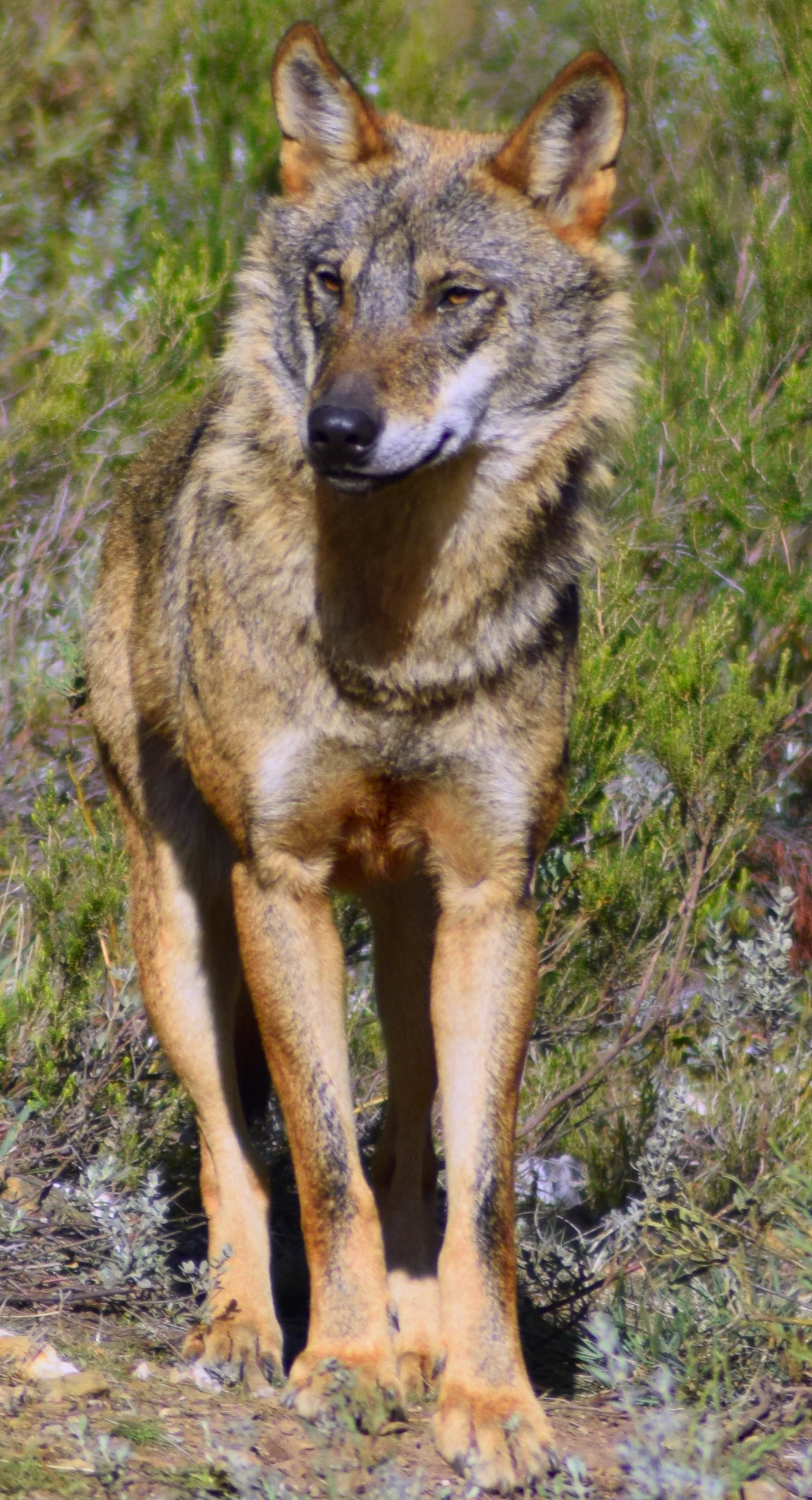Vaccaeian
The vaccaeians are an ancient lineage of werewolves bonded with the spirit of the Iberian wolf. Their communities are present in Spain and the Americas.
Origin
This lineage is named after the Vaccaei peoples. They were a pre-Roman Celtic people of Spain, who inhabited the plains of the central Duero valley, in the Meseta Central of northern Hispania. One of the central settlements in their culture was Intercatia located in Paredes de Nava. The Vaccaei were pressured by neighbours for their fertile land and their villages. They were victims of several raids where many of their women and children were captured as slaves. A powerful shaman of the Vaccaei decided to put an end to these aggressions by making his people more powerful than the others. After several years of study and communion with the spirit of the Iberian wolf he succeeded. He gave several warriors of his clan the strength of the wolf and the ability to transform into a wolf. These powers helped them establish a formidable fighting force to protect them from any raids.History
The vaccaeians were romanised with the conquest of the Iberian peninsula and became part of the Roman Empire. Many young warriors of the vaccaeians joined Roman legions and traveled across Europe. Some settled in other places, but most returned to their homeland or died during conquest. None of the offshoots who settled in other places survived into the modern age. Throughout the centuries after the Roman Empire fell they remained in the region. They swore allegiance to many different human nations until the founding of Spain. The vaccaeians formed a close relationship with the Spanish Royal family since the very beginning. This relationship continued until 1931 when the royal family was dethroned and Franco took over. Franco's faction chased the vaccaeians out of Spain. The majority of them fled to Spanish speaking countries in the Americas.Geographic Distribution
The Duero valley is considered the ancestral homeland of the vaccaeians. Since Spain has overcome fascism a small community has formed by returnees from the diasporas. The vaccaeians had fled to Spanish speaking countries in the Americas. There are communities of them in Argentina, Columbia, Ecuador, El Salvador, Honduras, Mexico, the United States and Venezuela. The largest communities are in Mexico and the United States. Within the United States is one community in New York and six communities in California and two more in New Mexico.Social Hierarchies
The vaccaeians do not have a common social hierarchy across their many communities. Each community has found their own way to organize themselves. The only common thread amongst almost all communities is the wolf shaman. They used to be a central element of every community, but have lessened in importance as time went on. The shaman was responsible to help with the first transformation into the full wolf form. Today the wolf shaman is usually nothing more than a figurehead that the members of the community respect and pay some attention to as an advisor. This came to pass as medical knowledge improved and other practices were used to overcome this trial.Spiritual & Religious Traditions
The vast majority of vaccaeians are a part of the Roman Catholic Church. They adopted this religion together with the other peoples inhabiting the Iberian peninsula. How active they practice highly differs between communities and even families. Most families and communities have a few spiritual practices and traditions inherited from their ancestors. These practices are related to the Iberian wolf as their spirit animal. In many cases the traditions were integrated with christian holidays and traditions. In the modern day these ancient traditions are experiences a from of revival as many young vaccaeians are attempting to reconnect with their ancestors and their practices.
Parent ethnicities



Comments
Author's Notes